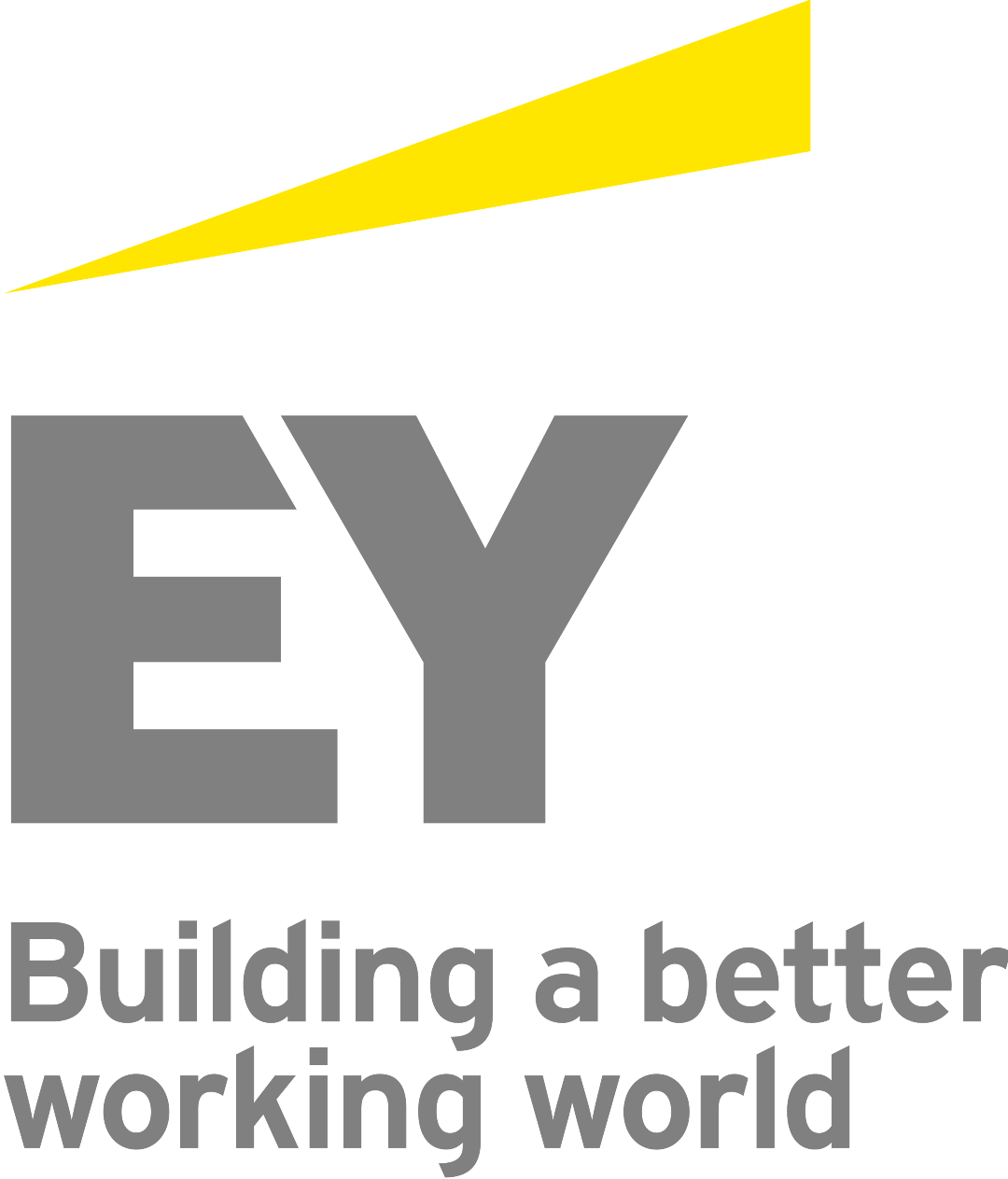"Hidden" opportunity for organizations to build more diverse teams, according to a new EY and RBC report Français
Business leaders need to overcome their hidden biases to be more competitive
TORONTO, Nov. 15, 2013 /CNW/ - Savvy business leaders know that having diverse teams is a competitive advantage in today's fast-evolving, increasingly global environment. But according to a new report by EY and RBC even leaders with the best intentions may be unconsciously stifling diversity in their organizations.
Research on hidden bias reveals that unconscious preferences are common - creating barriers, limiting creativity and the quality of relationships we have with those around us. However, by learning to recognize and manage bias, leaders can work towards mitigating its impact and maximizing the potential of our organizations.
These biases can range from obvious physical characteristics like gender, race, ethnicity and age, to more subtle ones like personality and experiences. Bias can also exist in a positive sense: we may favour our family, community, and people with whom we share characteristics or experiences.
"We believe it's important for us to explore this complex and sometimes sensitive topic," explains Zabeen Hirji, Chief Human Resources Officer, RBC. "While many companies have made great strides in advancing diversity and inclusion in the workplace, there has been a lag in progress in some areas, such as the advancement of women and minorities in leadership roles and boardrooms. Unconscious biases should be considered as a possible underlying reason for this."
Outsmarting our brains: Overcoming hidden biases to harness diversity's true potential notes that in the workplace, problems arise when we let our biases affect or shape the decisions we make in and on behalf of our organizations. Whether it's an unconscious aversion to one group or preference for another, hidden biases can affect everything from hiring and promotion, to team and project assignments, to openness to new sources of ideas and innovative solutions.
"As a leader, it's important to turn around and see who's following you," says Fiona Macfarlane, Chief Inclusiveness Officer and Managing Partner, British Columbia, EY. "Is it your intent to have the people following you all look and behave just like you? That is simply not representative of our highly diverse society."
The good news? As influential as hidden biases can be, it's possible to overcome them.
The report suggests some of the following questions for leaders to ask themselves to help identify unintentional biases:
- Who do I take to important client or cross-team meetings?
- Who do I encourage to lead or speak out at meetings? Am I creating opportunities for those less extroverted to demonstrate their capabilities equally to clients or other colleagues?
- Do I typically hire the same type of person, or personality type?
- When I say a candidate is not the right "fit", what do I mean?
The research shows that leaders who identify and confront their hidden biases are better at managing multiple viewpoints and perspectives, improving connections with clients and delivering bottom-line results. And while it may not be easy, it's important for leaders to raise their awareness, challenge their thinking and develop truly inclusive leadership behaviours in order to set the course for others and drive change.
About EY
EY is a global leader in assurance, tax, transaction and advisory services. The insights and quality services we deliver help build trust and confidence in the capital markets and in economies the world over. We develop outstanding leaders who team to deliver on our promises to all of our stakeholders. In so doing, we play a critical role in building a better working world for our people, for our clients and for our communities.
For more information, please visit ey.com/ca. Follow us on Twitter @EYCanada.
EY refers to the global organization and may refer to one or more of the member firms of Ernst & Young Global Limited, each of which is a separate legal entity. Ernst & Young Global Limited, a UK company limited by guarantee, does not provide services to clients. For more information about our organization, please visit ey.com.
About RBC
Royal Bank of Canada (RY on TSX and NYSE) is Canada's largest bank as measured by assets and market capitalization, and is among the largest banks in the world, based on market capitalization. We are one of North America's leading diversified financial services companies, and provide personal and commercial banking, wealth management services, insurance, and investor services and wholesale banking on a global basis. We employ approximately 80,000 full- and part-time employees who serve more than 15 million personal, business, public sector and institutional clients through offices in Canada, the U.S. and 44 other countries. For more information, please visit rbc.com.
RBC supports a broad range of community initiatives through donations, sponsorships and employee volunteer activities. In 2012, we contributed more than $95 million to causes worldwide, including donations and community investments of more than $64 million and $31 million in sponsorships.
SOURCE: EY (Ernst & Young)

EY
Erika Bennett
[email protected]
416 943 5497
Sarah Shields
[email protected]
604 648 3607
Julie Fournier
[email protected]
514 874 4308
RBC
Elynn Wareham
[email protected]
416 313 5778
Craig Crosby
[email protected]
519 715 9611

Share this article